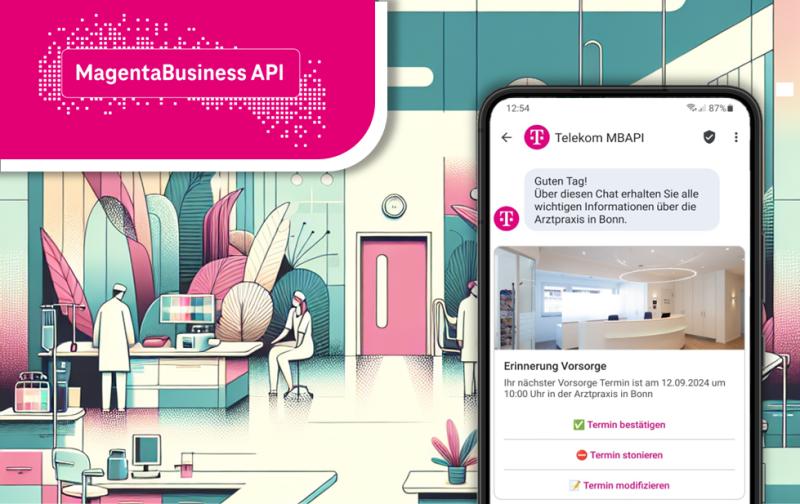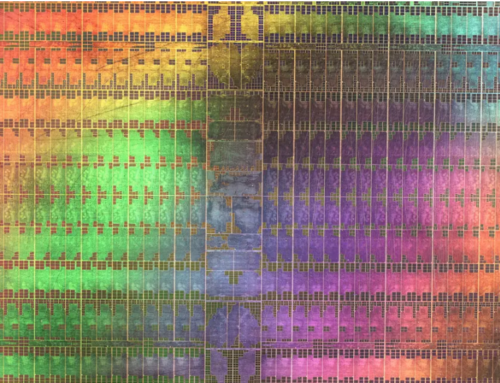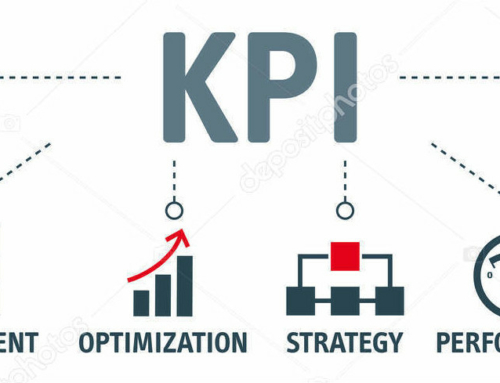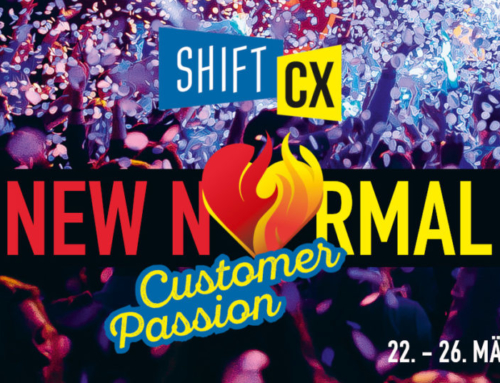RCS: The Future of Patient Communication in Healthcare
Effective communication is the cornerstone of high-quality patient care. As a healthcare provider, adopting the latest technology can significantly enhance how you connect with your patients. Enter Rich Communication Services (RCS) — the next generation of messaging that’s poised to revolutionize patient communication.
This blog post explores insights shared in the Deutsche Telekom MACE YouTube video, “RCS – die Zukunft der Patientenkommunikation in Labor- und Praxisverwaltungssystemen.” In this webinar, experts from Deutsche Telekom and leading communication platform provider V discussed how RCS can transform patient interactions.
What is RCS?
Rich Communication Services (RCS) is an advanced messaging standard that elevates traditional SMS by introducing features like:
- Images and videos to enhance message content.
- Interactive buttons for seamless patient interactions.
- Rich cards to present detailed information attractively.
- Delivery and read receipts to track message engagement.
Unlike standalone messaging apps, RCS integrates directly into your phone’s native messaging app, requiring no additional downloads or registrations. This ensures effortless communication for both healthcare providers and patients.
Benefits of RCS for Healthcare Providers
Adopting RCS offers a range of advantages for medical practices and healthcare organizations:
- Improved patient engagement: Visually appealing messages boost open and response rates.
- Enhanced customer service: Personalized, efficient communication for appointment reminders, bookings, and FAQs.
- Reduced no-show rates: Automated reminders ensure patients are informed and prepared.
- Increased revenue: Engaged patients and reduced no-shows translate into better financial outcomes.
Use Cases for RCS in Healthcare
RCS is versatile, offering numerous ways to enhance patient communication:
- Appointment reminders: Automate reminders with options to confirm or reschedule.
- Pre-appointment instructions: Share preparation details like fasting requirements or necessary documents.
- Post-appointment follow-ups: Engage with patients after visits to address concerns or provide care instructions.
- Medication reminders: Support treatment adherence with timely notifications.
- Test result delivery: Securely share results and facilitate follow-up consultations.
- Patient education: Distribute health-related articles and videos tailored to patient needs.
- Surveys and feedback: Collect insights to improve patient experiences.
Getting Started with RCS
Deutsche Telekom makes onboarding simple. Their RCS platform offers test access, enabling healthcare providers to explore its potential before committing. Dedicated support teams assist with setting up campaigns, ensuring a smooth transition to RCS.
Measure and Optimize Results
Analytics are vital for assessing the effectiveness of communication campaigns. Telekom’s RCS platform includes robust tools to track:
- Messages sent, delivered, opened, and clicked.
- Patient interactions and engagement rates.
This data allows you to refine your approach and achieve better outcomes.
Conclusion: Why RCS Matters for Healthcare
RCS isn’t just a messaging upgrade; it’s a game-changer for patient communication. By adopting this innovative technology, healthcare providers can:
- Engage patients more effectively.
- Improve customer service and patient satisfaction.
- Drive better health outcomes through proactive communication.
Ready to transform your patient communication? Explore RCS with Deutsche Telekom and experience the future of healthcare messaging today.
Full Presentation can be found here








